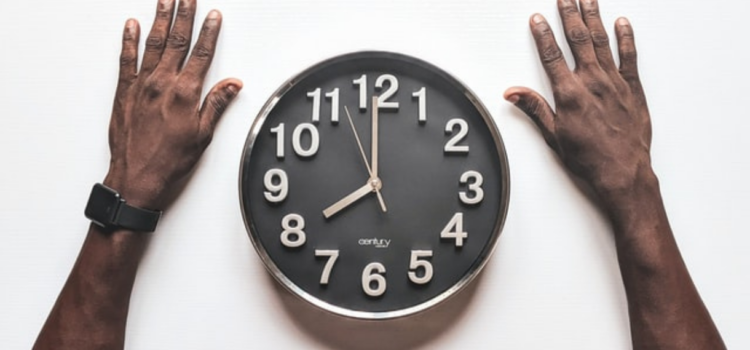Can psychotherapy address low self-esteem? What role does self-esteem play in mental health? According to psychotherapist and self-esteem expert Nathaniel Branden, self-esteem should be the main goal of psychotherapy. In his book The Six Pillars of Self-Esteem, he asserts that low self-esteem is the underlying cause of many psychological issues and explains how psychotherapists could modify their practices so that they can improve their clients’ self-esteem. Here’s how self-esteem therapy can be an untapped solution to many mental health problems, according to Branden.
Self-Esteem Therapy: 5 Tips for Psychotherapists










